
Anxiety is a common and complex psychological condition that affects millions of individuals worldwide. Characterized by feelings of worry, fear, and apprehension, anxiety can manifest in various forms, ranging from generalized anxiety disorder to specific phobias and panic attacks. Understanding the intricacies of anxiety, including its causes, symptoms, and impact on daily life, is crucial for both individuals experiencing anxiety and those seeking to support them. This article provides an in-depth exploration of anxiety, delving into its different types, potential triggers, diagnostic methods, treatment options, and strategies for managing its effects. By shedding light on this prevalent mental health issue, we aim to foster awareness, empathy, and effective coping mechanisms for individuals navigating the challenges of anxiety.
Types of Anxiety Disorders:
-
Generalized Anxiety Disorder (GAD):
GAD is like having a constant background music of worry playing in your head.
-
Panic Disorder
Panic disorder is like your brain hitting the panic button at random times, making your heart race and leaving feeling like you’re in a horror movie, even when you’re just buying groceries.
-
Phobias
Phobias are like having that one irrational fear that makes you avoid certain situations like the plague. Spiders, heights, clowns – you name it, there’s a phobia for it.
-
Obsessive-Compulsive Disorder (OCD)
OCD is like your brain playing a never-ending game of “What If” that you just can’t seem to turn off. It’s organizing your sock drawer for the tenth time because maybe this time it’ll bring you peace.
-
Post-Traumatic Stress Disorder (PTSD)
PTSD is like having emotional baggage that never got unpacked. It’s reliving a traumatic event like it’s on repeat , leaving you feeling like you’re stuck in a never-ending nightmare.
Causes and Risk Factors of Anxiety:
-
Biological Factors
Sometimes anxiety is like that unwanted inheritance you get from your family – thanks, genetics. Imbalances in neurotransmitters and brain chemistry can also be to blame.
-
Environmental Factors
Your environment can play a big role in fueling your anxiety. Stressful events like a breakup, job loss, or global pandemics can all be triggers for your brain to start throwing an anxiety party.
-
Genetic Predisposition
If anxiety disorders run in your family, it’s like being handed a genetic lottery ticket you never wanted.
Symptoms and Effects of Anxiety:
-
Physical Symptoms
Anxiety can make your body feel like it’s in fight-or-flight mode 24/7. Think racing heart, sweaty palms , and a stomach doing somersaults – not exactly a fun carnival ride.
-
Emotional Symptoms
On the emotional rollercoaster that is anxiety, you might feel like you’re constantly on edge, irritable, or just overwhelmed with a sense of dread.
-
Cognitive Symptoms
Anxiety can play tricks on your mind, making you feel like you’re stuck in a loop of negative thoughts and what-ifs that just won’t quit.
-
Impact on Daily Functioning
When anxiety decides to crash the party of your daily life , it can make simple tasks feel like climbing Mount- Everest. From work to relationships, anxiety can throw a monkey wrench into everything you do.
Diagnosis and Treatment of Anxiety:
-
Diagnostic Criteria for Anxiety Disorders
When it comes to diagnosing anxiety disorders, mental health professionals look for a pattern of excessive worry or fear that impairs daily functioning. Symptoms can include restlessness, irritability, difficulty concentrating, and physical manifestations like rapid heartbeat or sweating.
-
Therapeutic Approaches
Therapeutic approaches for anxiety often involve talk therapy, such as cognitive-behavioral therapy (CBT), which helps individuals identify and change negative thought patterns contributing to anxiety. Other therapies like exposure therapy and mindfulness techniques can also be beneficial.
-
Medication Options
In some cases, medication may be prescribed to manage symptoms of anxiety. These can include antidepressants , anti-anxiety medications, and beta-blockers. It’s essential to work closely with a healthcare provider to find the right medication and dosage that works best for you.
Strategies for Managing Anxiety:
-
Lifestyle Changes
Making lifestyle changes like regular exercise, maintaining a healthy diet , getting enough sleep , and reducing caffeine and alcohol intake can have a positive impact on managing anxiety symptoms.
-
Mindfulness and Relaxation Techniques
Practicing mindfulness, deep breathing exercises , meditation , and progressive muscle relaxation can help calm the mind and body, reducing feelings of anxiety and stress.
-
Cognitive-Behavioral Therapy (CBT)
CBT is a popular therapeutic approach for anxiety that helps individuals recognize and change negative thought patterns and behaviors that contribute to anxiety. Learning coping strategies and relaxation techniques is a key component of CBT.
Impact of Anxiety on Daily Life:
-
Relationships and Social Interactions
Anxiety can impact relationships by causing communication difficulties, social withdrawal, and conflicts.Building open communication and seeking support from loved ones can help navigate these challenges.
-
Work and Productivity
Anxiety can lead to decreased productivity, difficulty concentrating, and absenteeism at work. Open communication with employers, setting realistic goals, and seeking accommodations can help manage anxiety in the workplace.
-
Sleep and Well-being
Anxiety can disrupt sleep patterns, leading to insomnia and fatigue. Prioritizing good sleep hygiene practices, as creating a bedtime routine and creating a peaceful sleep environment, can improve sleep quality and overall well-being.
Seeking Support for Anxiety:
-
Professional Help and Therapy
Seeking help from mental health professionals, such as therapists, psychologists, or psychiatrists , can provide tailored treatment and support for managing anxiety symptoms effectively.
-
Support Groups and Peer Networks
Joining support groups or engaging with peer networks can offer a sense of community, understanding, and shared experiences that can help individuals feel less alone in their journey with anxiety.
-
Self-Help Resources
Exploring self-help resources like books, apps, online forums, and mindfulness exercises can provide additional tools for managing anxiety between therapy sessions and promoting self-care practices. In conclusion, anxiety is a complex yet prevalent mental health condition that can significantly impact individuals’ well-being and daily functioning. By recognizing the signs and symptoms of anxiety, seeking appropriate support, and implementing effective coping strategies, individuals can better manage the challenges associated with this condition. Remember, you are not alone in your struggles with anxiety, and there are resources available to help you navigate this journey towards improved mental health and well- being. Stay resilient, seek support when needed, and remember that healing and recovery are possible.
Conclusion:
I hope you have learned many crucial facts about anxiety. You can make your life better when you follow the treatments mentioned above. You may also try medications to manage your anxiety effectively. As mentioned, you should consult with your healthcare expert before starting any medicines for anxiety. They may better suggest the medication and proper dose after examining your condition closely.
Written by admin
Latest Offer
USE COUPON CODE
MEDS10
Products Categories
-
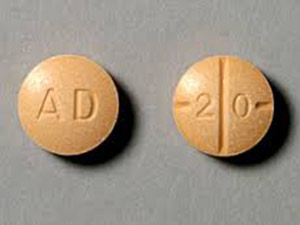 Buy Adderall Online
Buy Adderall Online -
 Buy Adipex Online
Buy Adipex Online -
 Buy Alprazolam Online
Buy Alprazolam Online -
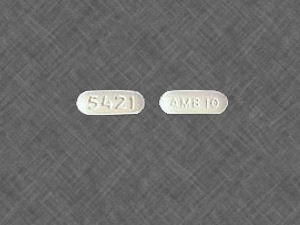 Buy Ambien Online
Buy Ambien Online -
 Buy Ativan Online
Buy Ativan Online -
 Buy Carisoprodol Online
Buy Carisoprodol Online -
 Buy Clonazepam Online
Buy Clonazepam Online -
 Buy Codeine Online
Buy Codeine Online -
 Buy Darvocet Online
Buy Darvocet Online -
 Buy Demerol Online
Buy Demerol Online -
 Buy Diazepam Online
Buy Diazepam Online -
 Buy Dilaudid Online
Buy Dilaudid Online -
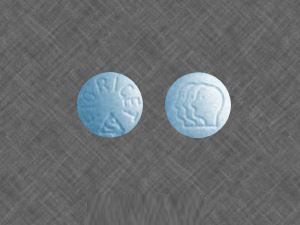 Buy Fioricet Online
Buy Fioricet Online -
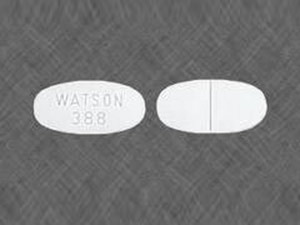 Buy Hydrocodone Online
Buy Hydrocodone Online -
 Buy Hydromorphone Online
Buy Hydromorphone Online -
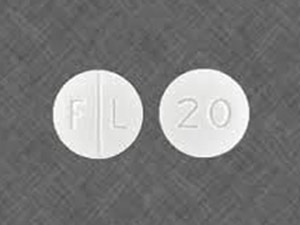 Buy Lexapro Online
Buy Lexapro Online -
 Buy Lorazepam Online
Buy Lorazepam Online -
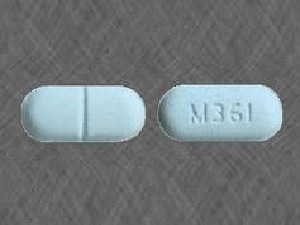 Buy Lorcet Online
Buy Lorcet Online -
 Buy Lortab Online
Buy Lortab Online -
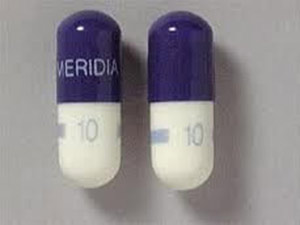 Buy Meridia Online
Buy Meridia Online -
 Buy Methadone Online
Buy Methadone Online -
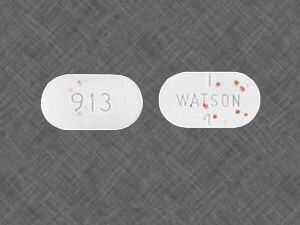 Buy Norco Online
Buy Norco Online -
 Buy Opana ER Online
Buy Opana ER Online -
 Buy Oxycodone Online
Buy Oxycodone Online -
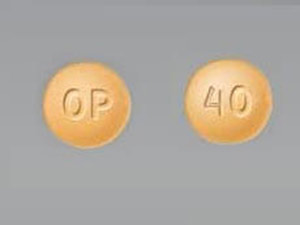 Buy Oxycontin Online
Buy Oxycontin Online -
 Buy Percocet Online
Buy Percocet Online -
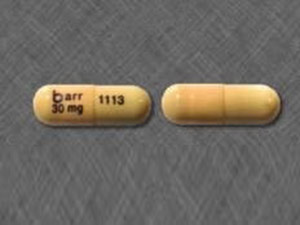 Buy Phentermine Online
Buy Phentermine Online -
 Buy Roxicodone Online
Buy Roxicodone Online -
 Buy Soma Online
Buy Soma Online -
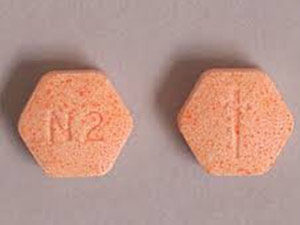 Buy Suboxone Online
Buy Suboxone Online -
 Buy Subutex Online
Buy Subutex Online -
 Buy Tramadol Online
Buy Tramadol Online -
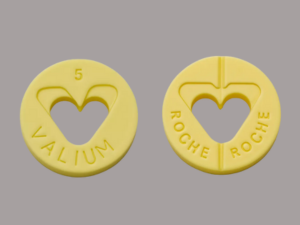 Buy Valium Online
Buy Valium Online -
 Buy Viagra Online
Buy Viagra Online -
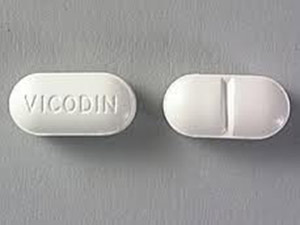 Buy Vicodin Online
Buy Vicodin Online -
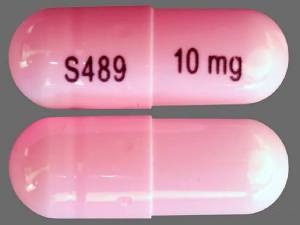 Buy Vyvanse Online
Buy Vyvanse Online -
 Buy Xanax Online
Buy Xanax Online

Leave a Reply